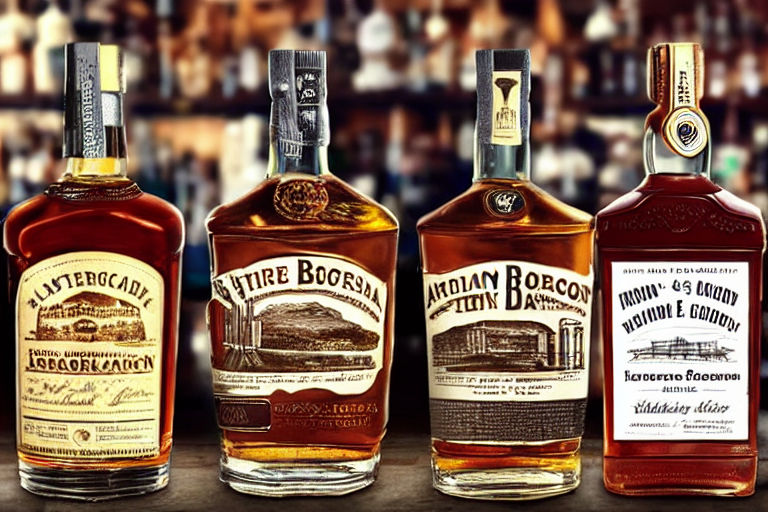The Evolution of Whiskey: A Historical Look at This Iconic Spirit
Whiskey – the dark, sophisticated spirit that has been enjoyed for centuries. Whether you prefer it neat, on the rocks, or mixed in a cocktail, there’s no denying the impact that whiskey has had on the world of spirits. But how did this iconic drink come to be?
The Origins of Whiskey
The exact origins of whiskey are somewhat debated, but historians believe that it likely originated in Ireland or Scotland in the late Middle Ages. The first recorded mention of whiskey dates back to 1494, when a Scottish monk named John Corr wrote a note in his distillation ledger regarding "aquavitae" – the Latin term for "water of life."
Distilling had been practiced in many cultures for centuries, but it was the Irish and Scottish who made it popular, and eventually, whiskey was born. These early versions of whiskey were usually made from malted barley, and in some cases, oats. They were often used for medicinal purposes, and were believed to have healing properties. As whiskey became more popular, it began to be produced commercially, and new distilleries were opened throughout Ireland and Scotland.
The Rise of American Whiskey
While whiskey had been popular in Europe for centuries, it wasn’t until the 18th century that it made its way to North America. The first recorded distillery in the United States was opened in Pennsylvania in 1681, and by the 19th century, whiskey-making had spread throughout the country.
American whiskey quickly gained a reputation for being bold, flavorful, and distinctive. It was made from a variety of grains, including corn, rye, and wheat, and was often aged in charred oak barrels. This aging process gave American whiskey a unique flavor profile that set it apart from its European counterparts.
Whiskey Today
Today, whiskey is more popular than ever, with distilleries all over the world producing their own unique styles. From Scotch whisky to Irish whiskey to American bourbon, there’s a type of whiskey to suit every taste.
In recent years, there has been a renewed interest in whiskey, with more and more people discovering its rich history and unique flavor. Whiskey bars have popped up in cities all over the world, and whiskey tastings and festivals have become increasingly popular.
Conclusion
Whiskey has come a long way since its origins in Ireland and Scotland. From a medicinal drink in the Middle Ages to a beloved spirit enjoyed by millions today, whiskey has had a fascinating evolution over the centuries. Whether you’re new to whiskey or a seasoned connoisseur, there’s no denying the enduring appeal of this iconic spirit.



